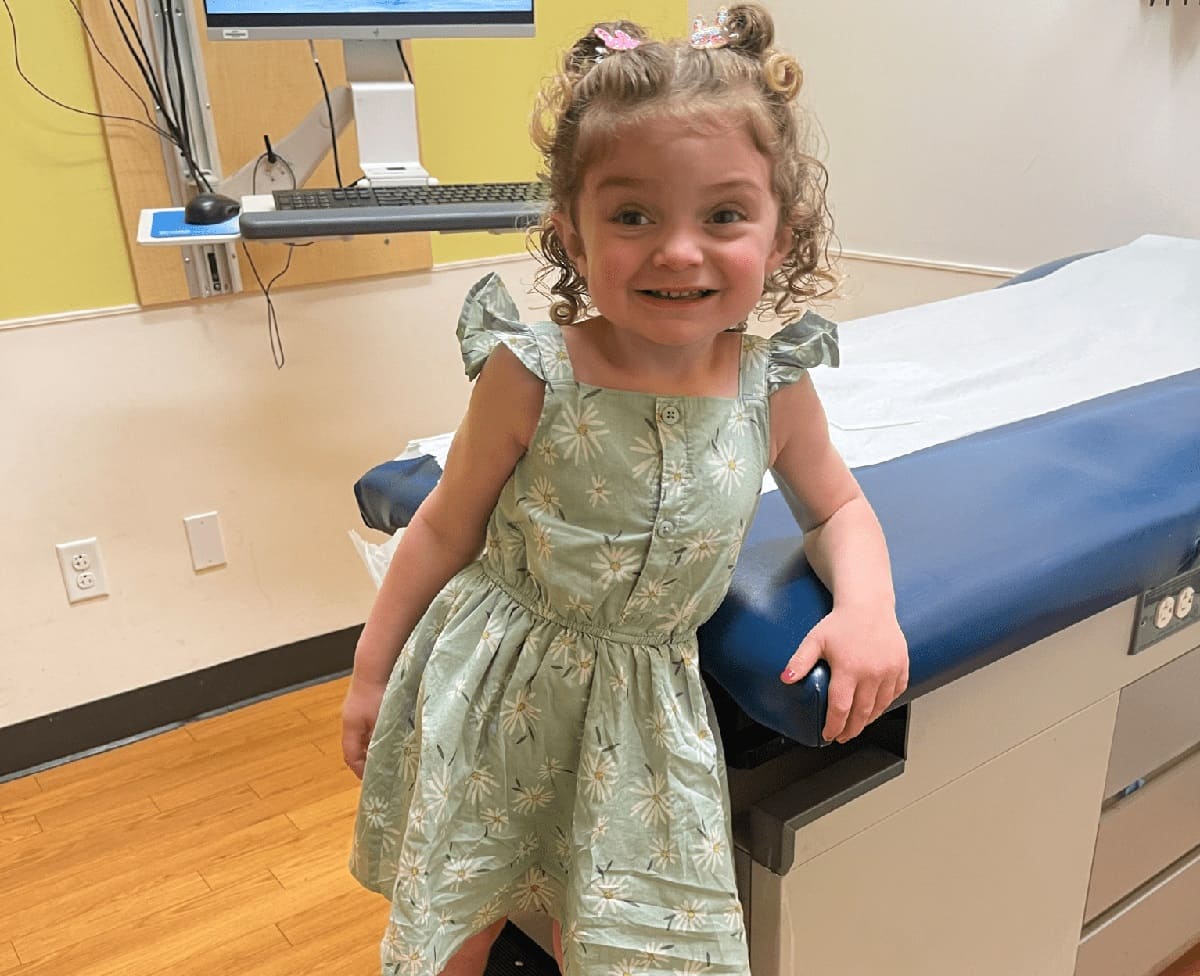
Mucopolysaccharidosis Type I Hurler/Scheie is a rare genetic disorder that affects the body's ability to break down certain complex carbohydrates. This condition falls under the umbrella of lysosomal storage diseases, where the lack of a specific enzyme, alpha-L-iduronidase, leads to the buildup of glycosaminoglycans in various tissues. Symptoms can range from mild to severe, impacting physical appearance, organ function, and overall quality of life. Early diagnosis and treatment are crucial for managing the disease effectively. In this blog post, we'll explore 25 intriguing facts about Mucopolysaccharidosis Type I Hurler/Scheie, shedding light on its causes, symptoms, treatments, and the latest research advancements. Whether you're a medical professional, a caregiver, or someone curious about rare diseases, this comprehensive guide aims to provide valuable insights into this complex condition.
Key Takeaways:
- Mucopolysaccharidosis Type I Hurler/Scheie is a rare genetic disorder that affects the body's ability to break down certain complex carbohydrates, leading to a range of symptoms from facial features to heart problems.
- Early diagnosis and treatment, along with regular monitoring and therapy, can help individuals with MPS I Hurler/Scheie lead better lives and improve their overall outcomes.
Understanding Mucopolysaccharidosis Type I Hurler/Scheie
Mucopolysaccharidosis Type I (MPS I) Hurler/Scheie is a rare genetic disorder. It affects the body's ability to break down certain complex carbohydrates. Let's dive into some fascinating facts about this condition.
-
MPS I Hurler/Scheie is a Lysosomal Storage Disorder
Lysosomes are cell structures that break down waste. In MPS I Hurler/Scheie, lysosomes can't break down glycosaminoglycans (GAGs). -
Caused by a Deficiency in the Enzyme Alpha-L-Iduronidase
This enzyme helps break down GAGs. Without it, GAGs accumulate in cells, causing damage. -
Inherited in an Autosomal Recessive Manner
Both parents must carry the defective gene. Each child has a 25% chance of inheriting the disorder. -
Symptoms Can Vary Widely
Some individuals may have severe symptoms, while others have milder forms. Symptoms often appear in early childhood. -
Common Symptoms Include Coarse Facial Features
Children with MPS I Hurler/Scheie often have distinct facial features. These include a flat nasal bridge and thick lips. -
Skeletal Abnormalities Are Common
Many affected individuals have joint stiffness, short stature, and spinal deformities. -
Corneal Clouding Can Occur
This can lead to vision problems. Regular eye exams are essential for managing this symptom. -
Hearing Loss Is Another Symptom
Both conductive and sensorineural hearing loss can occur. Hearing aids may be necessary. -
Heart Problems Are Common
Many individuals develop heart valve abnormalities. Regular cardiac check-ups are crucial. -
Respiratory Issues Are Frequent
Accumulation of GAGs in the respiratory tract can cause breathing difficulties. -
Developmental Delays Are Often Seen
Children may experience delays in speech and motor skills. Early intervention can help. -
Diagnosis Often Involves Genetic Testing
Blood tests can identify the deficient enzyme. Genetic testing confirms the diagnosis. -
Newborn Screening Programs Exist in Some Regions
Early detection through newborn screening can lead to better outcomes. -
Enzyme Replacement Therapy (ERT) Is a Treatment Option
ERT can help reduce symptoms by providing the missing enzyme. -
Bone Marrow Transplantation (BMT) Is Another Treatment
BMT can help restore normal enzyme levels. It is more effective when done early. -
Physical Therapy Can Improve Mobility
Regular physical therapy helps manage joint stiffness and improve movement. -
Occupational Therapy Can Aid Daily Living
Occupational therapists help individuals develop skills for daily activities. -
Speech Therapy Can Address Communication Issues
Speech therapists work with children to improve language skills. -
Regular Monitoring Is Essential
Regular check-ups with various specialists help manage the condition. -
Support Groups Can Provide Emotional Support
Connecting with others who have MPS I Hurler/Scheie can be beneficial. -
Research Is Ongoing
Scientists are exploring new treatments and potential cures. -
Life Expectancy Varies
With treatment, individuals can live into adulthood. Early diagnosis and treatment improve outcomes. -
Carrier Testing Is Available
Parents can be tested to see if they carry the gene. This helps with family planning. -
Prenatal Testing Can Diagnose the Disorder Before Birth
Expectant parents can choose to test for MPS I Hurler/Scheie during pregnancy. -
Awareness and Education Are Key
Increasing awareness helps with early diagnosis and better management of the condition.
Understanding Mucopolysaccharidosis Type I Hurler/Scheie
Mucopolysaccharidosis Type I Hurler/Scheie, a rare genetic disorder, affects the body's ability to break down certain sugars. This leads to a buildup of glycosaminoglycans, causing various health issues. Early diagnosis and treatment are crucial for managing symptoms and improving quality of life. Enzyme replacement therapy and bone marrow transplants offer some hope, but ongoing research is essential for better treatments.
Raising awareness about MPS I Hurler/Scheie helps support affected individuals and their families. Knowledge empowers communities to advocate for more research and resources. By understanding the challenges faced by those with this condition, we can foster a more inclusive and supportive environment.
Stay informed, spread awareness, and support research efforts. Every bit of knowledge and advocacy counts in the fight against MPS I Hurler/Scheie. Together, we can make a difference.
Frequently Asked Questions
Was this page helpful?
Our commitment to delivering trustworthy and engaging content is at the heart of what we do. Each fact on our site is contributed by real users like you, bringing a wealth of diverse insights and information. To ensure the highest standards of accuracy and reliability, our dedicated editors meticulously review each submission. This process guarantees that the facts we share are not only fascinating but also credible. Trust in our commitment to quality and authenticity as you explore and learn with us.
